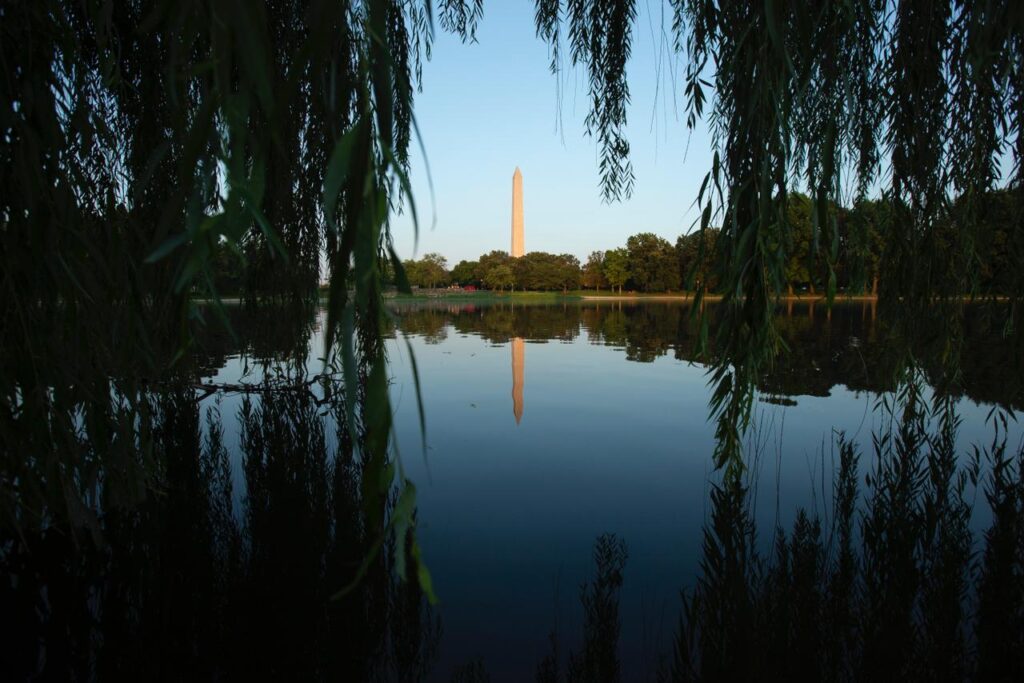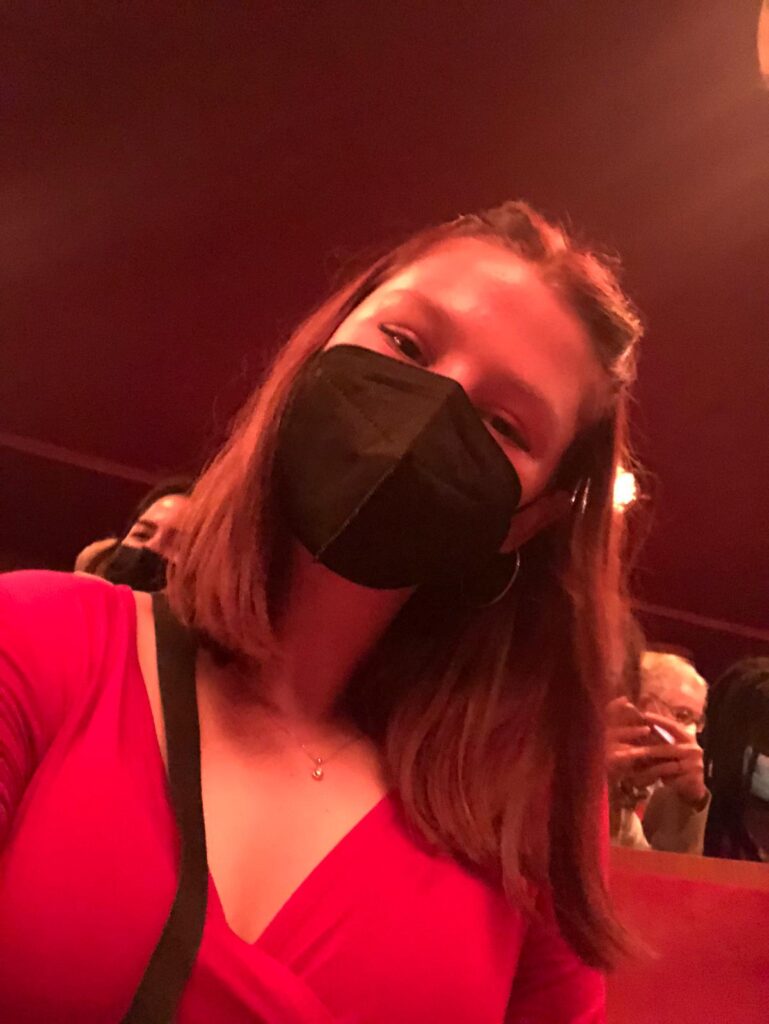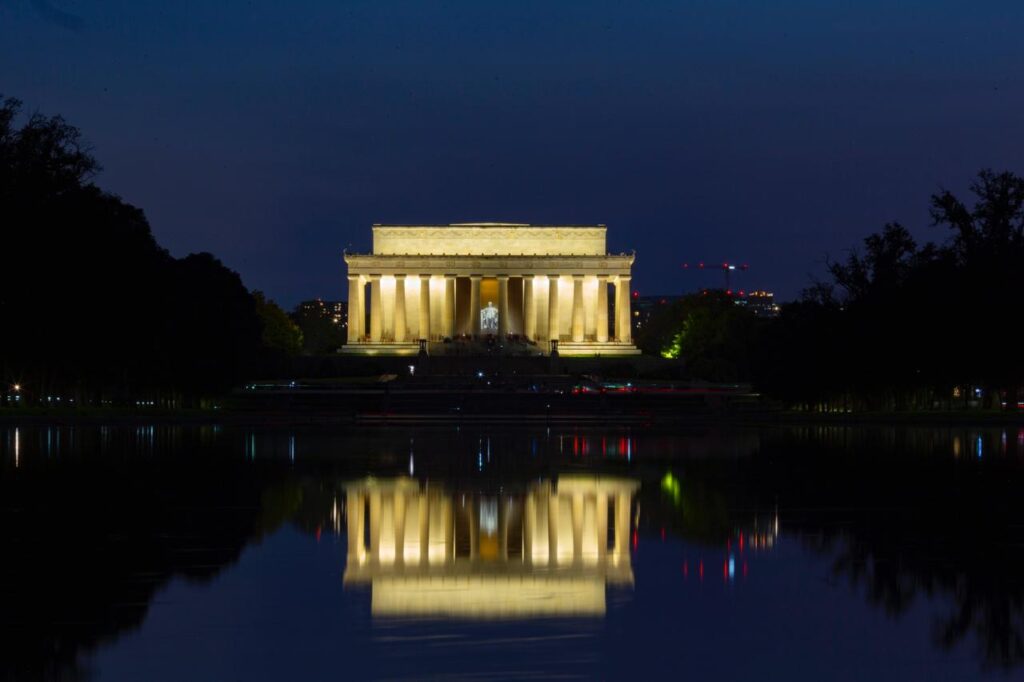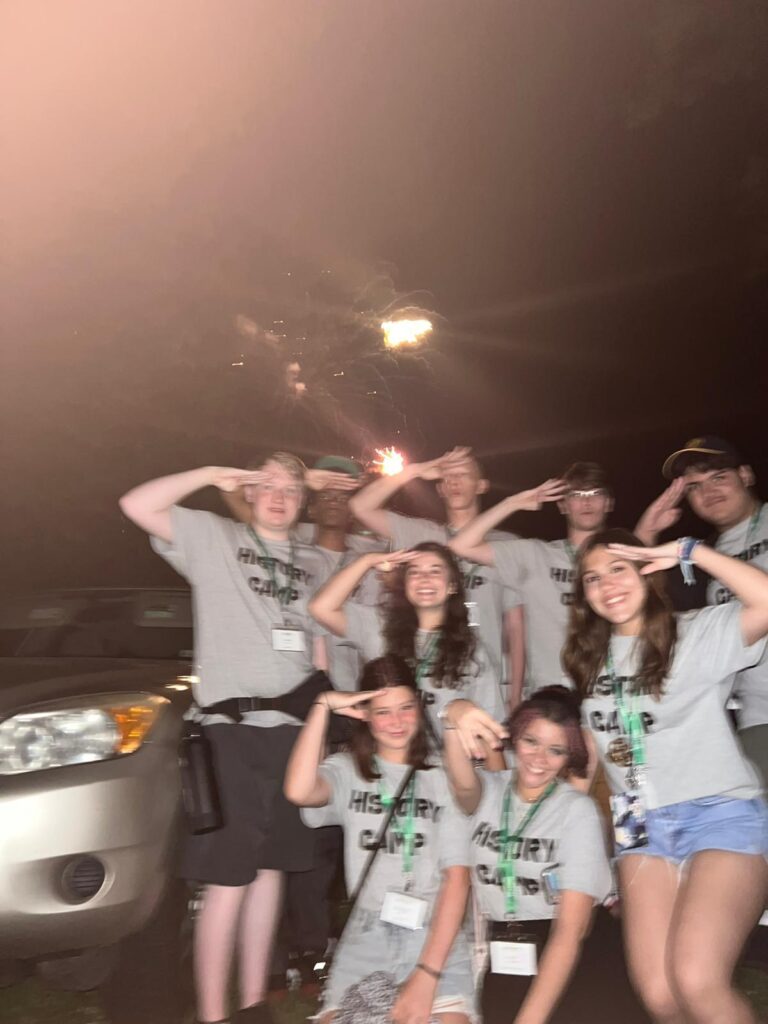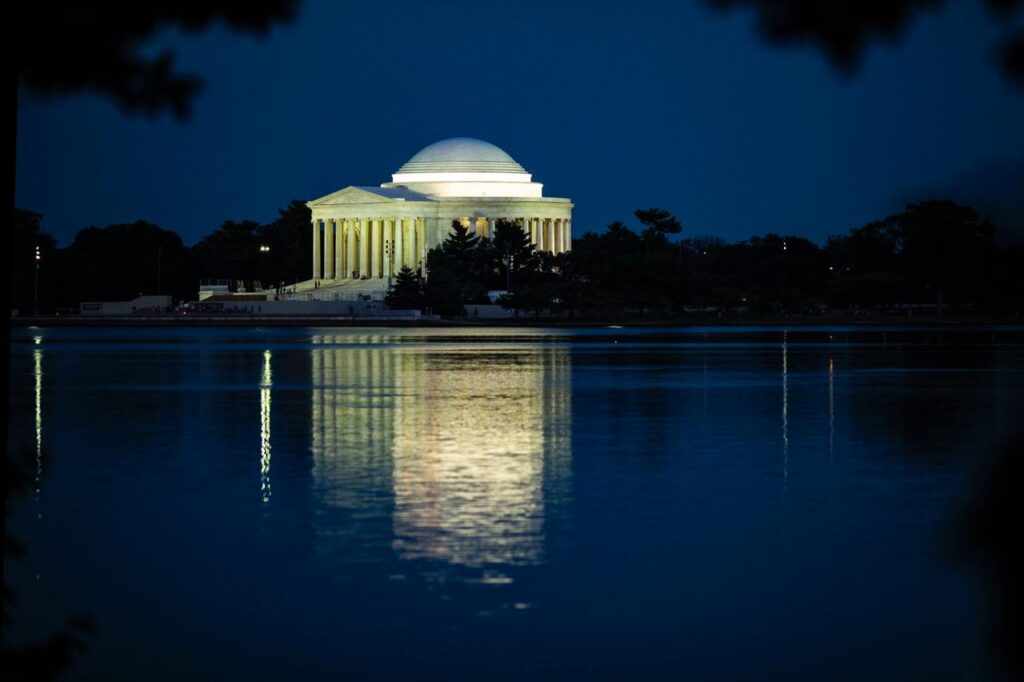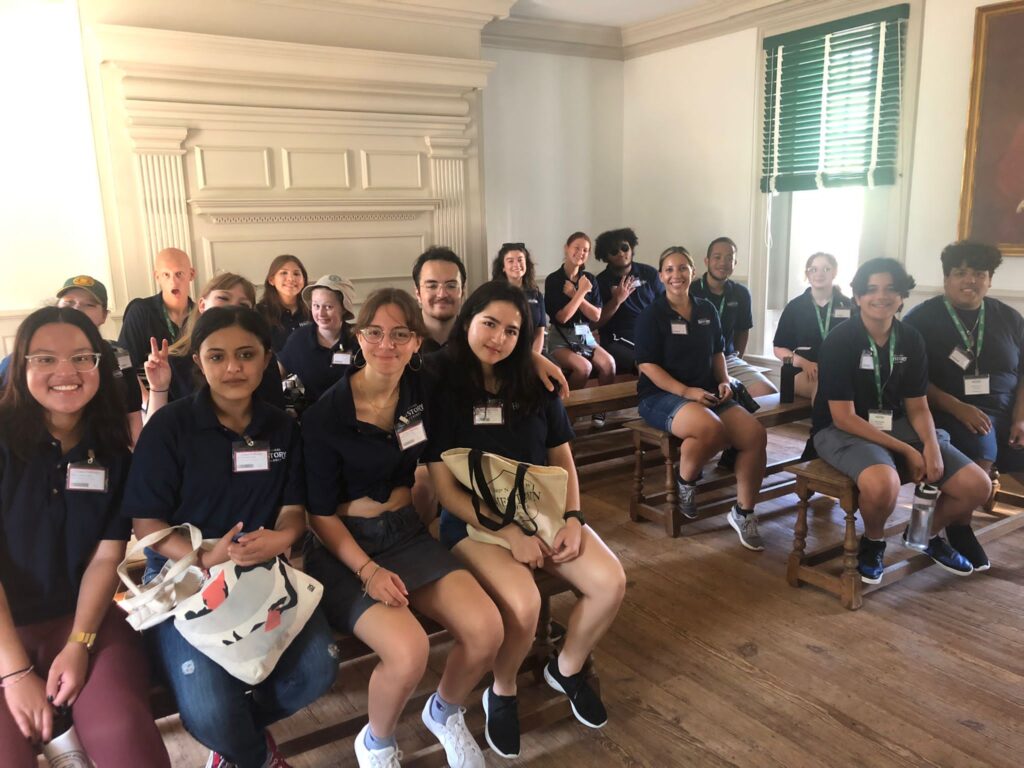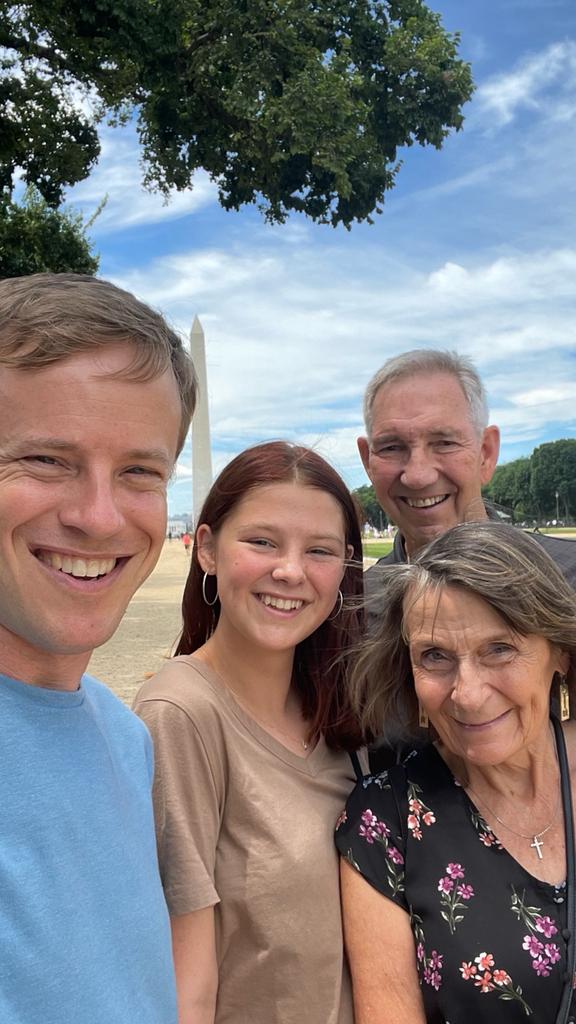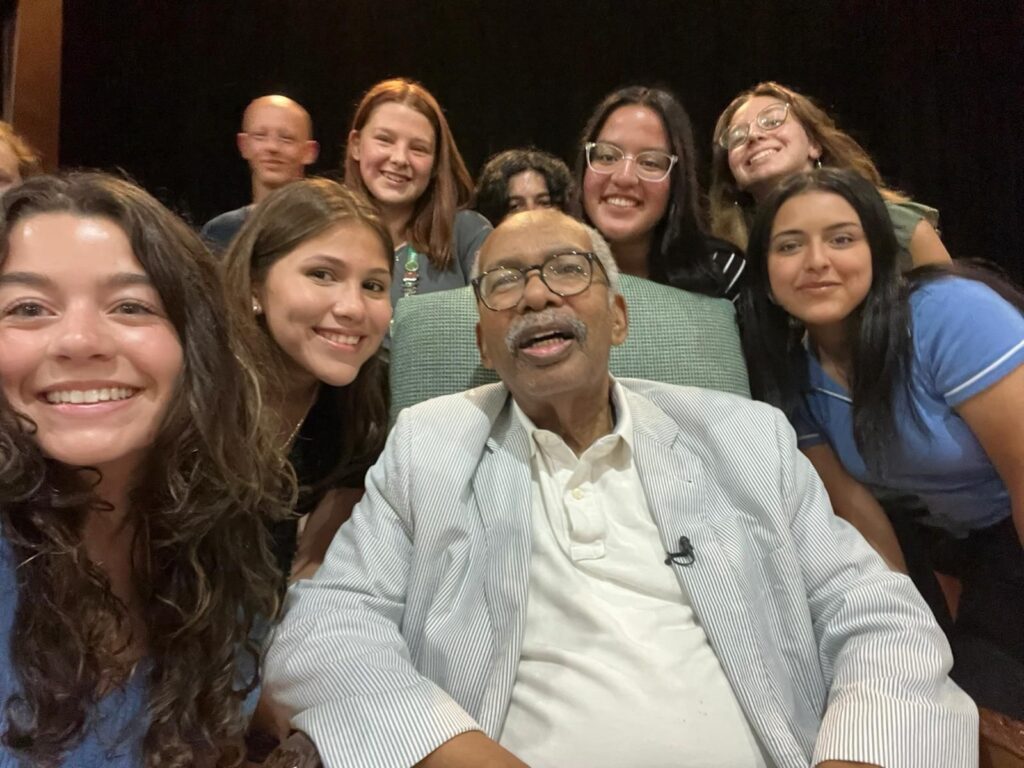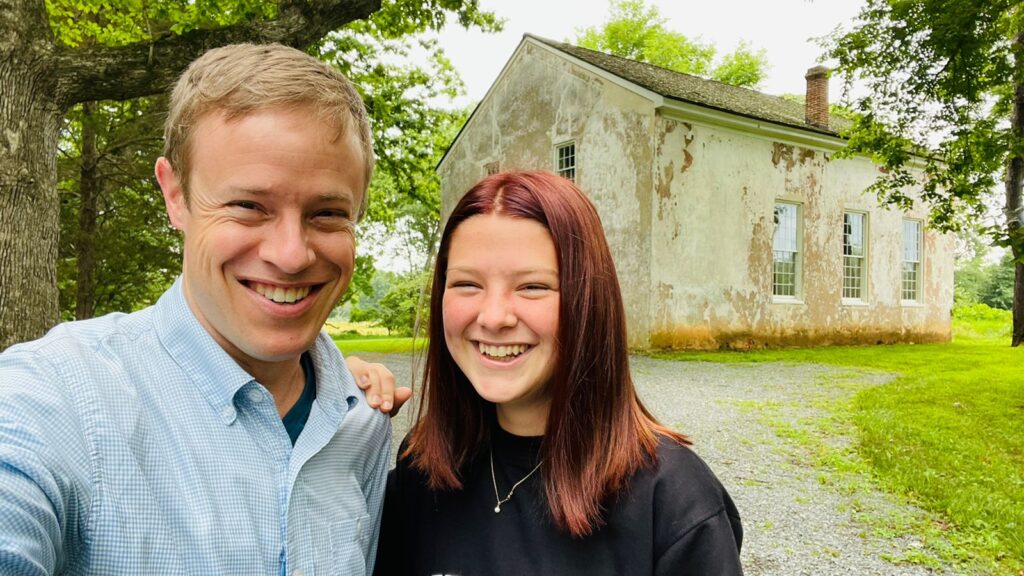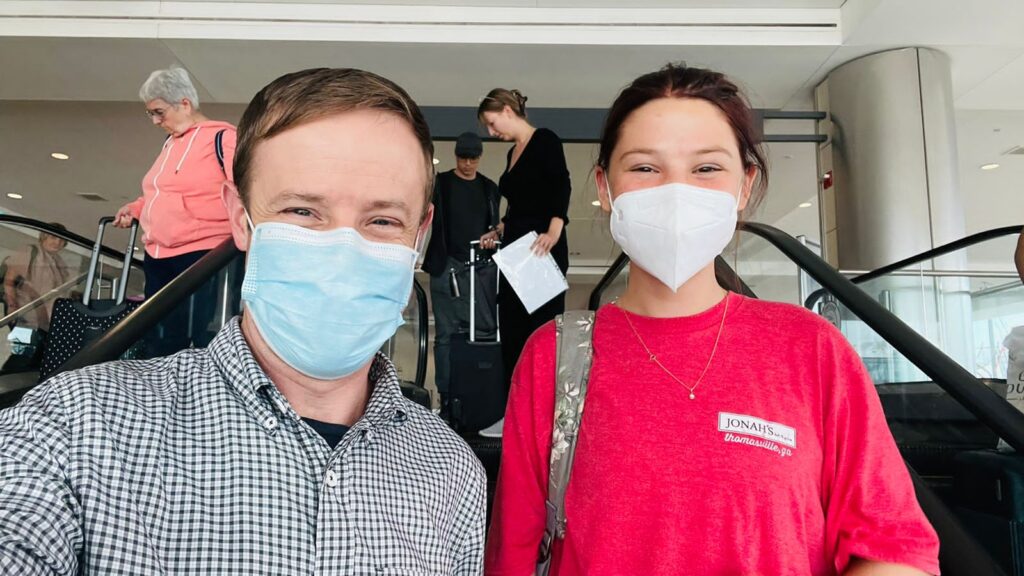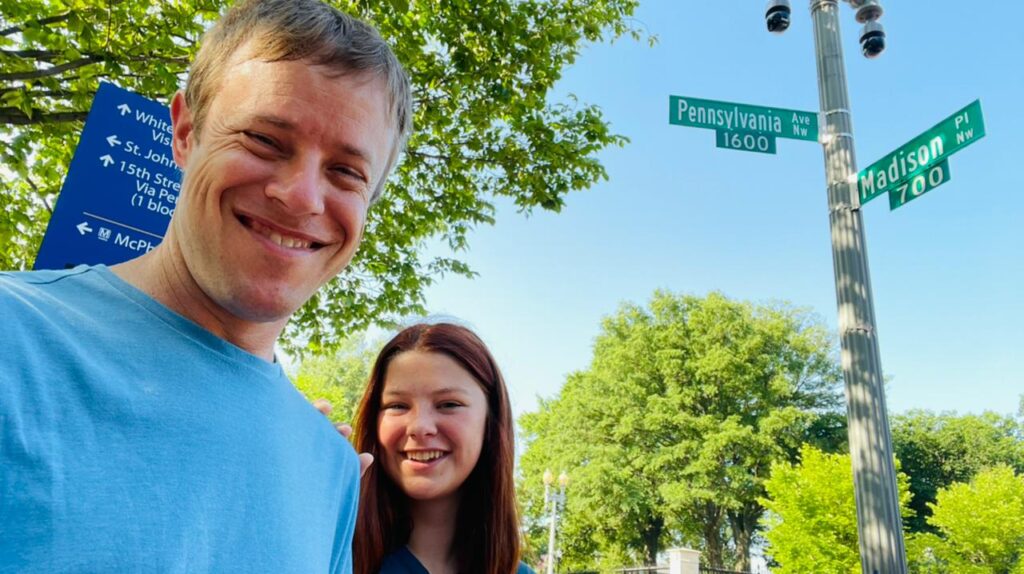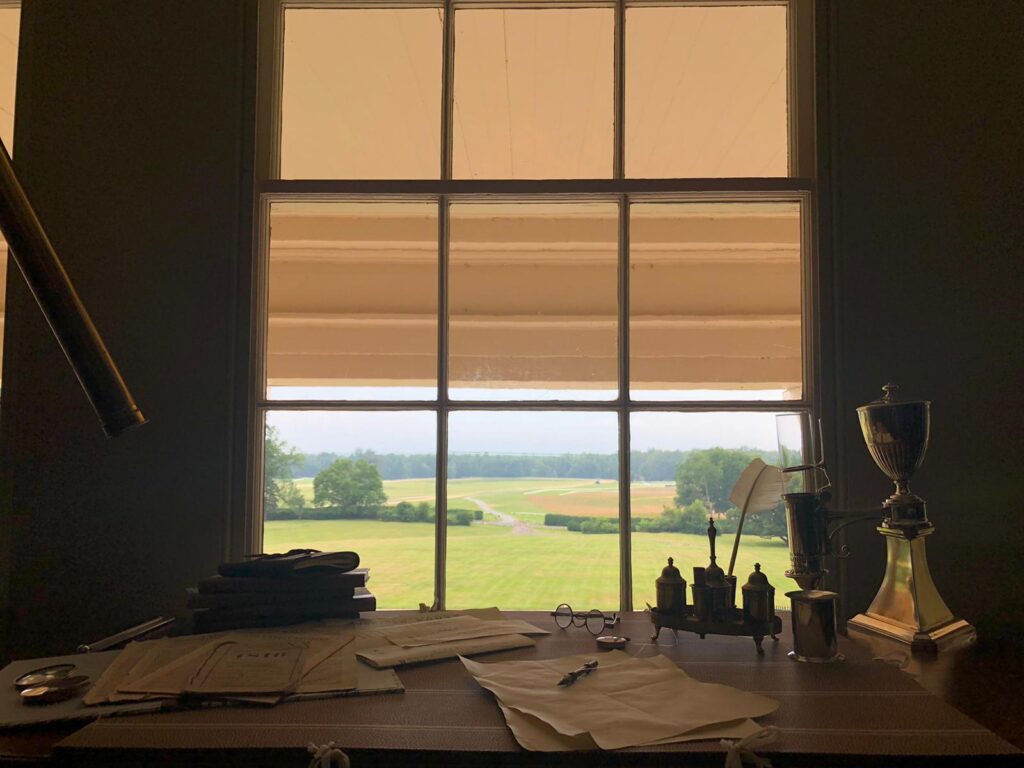
on history camp. . .
Madeline is attending the National History Academy in DC this summer – when she got in and got a scholarship, we realized this could be a perfect trial run for college, and a way for her to expand her boundaries a bit beyond our Rift Valley Bubble.
She has loved it and has been learning so much, and a few of her essays were published on the Academy blog about their visits and experiences. You can read the full blog here, but I am copying some excerpts into this post for safe keeping. . .
This blog is about her trip to Antietam:
Why do laughter and joy come in the same place where time has left a stain of darkness? What voice tells time that renewal must come? Beauty is not present in total peace, but rather it stands over suffering. They were there, and we see it now.
Twenty three thousand – the number of mass destruction as brother destroys brother on a quest -perhaps for liberty or perhaps simply for a few more miles of land to claim. The civil war itself left more soldiers dead and dying than any other war, and Antietam claims to the bloodiest day of American history – 30 stories per minute were ended forever by casualty. We were struck by contrast looking upon fields of wildflowers and imagining at that same moment the fear and shock of death, of being forgotten.
What does it mean to hold a legacy? What does it say that the pain of thousands was required to turn a war to the goal of emancipation? Where does the justification lie that we can raft down a river, laughing and talking in places where young men spent hours being slaughtered for the simple act of crossing a bridge?
I think time has a sense of humor. I think it understands that human beings are too fragile to bear the weight of constant tragedy in any one place. It turns to renew what was lost, to restore forgotten beauty. I saw this during our trip to Antietam, what with fields of flowers, people remembered, and with creeks running cool water; peaceful moments.
I relish times of connection, and this spot of remembrance definitely restored that part of me, as we all drifted together regardless of background or personal biases. After walking the battlefield, tubing down the creek, I appreciated a day in which the goal was not to learn history, but to live on the other side of its effects. History, indeed, brings perspective.
In the words of Benjamin Franklin, “Lost time is never found again.” These moments we share over the course of the month are where time regains its significance, where we find the narratives that have disguised themselves, but were always present. A bird’s nest under a bridge, a slight drop over rapids, and once again perspective is found; joy is discovered a light over shadowed hours.
